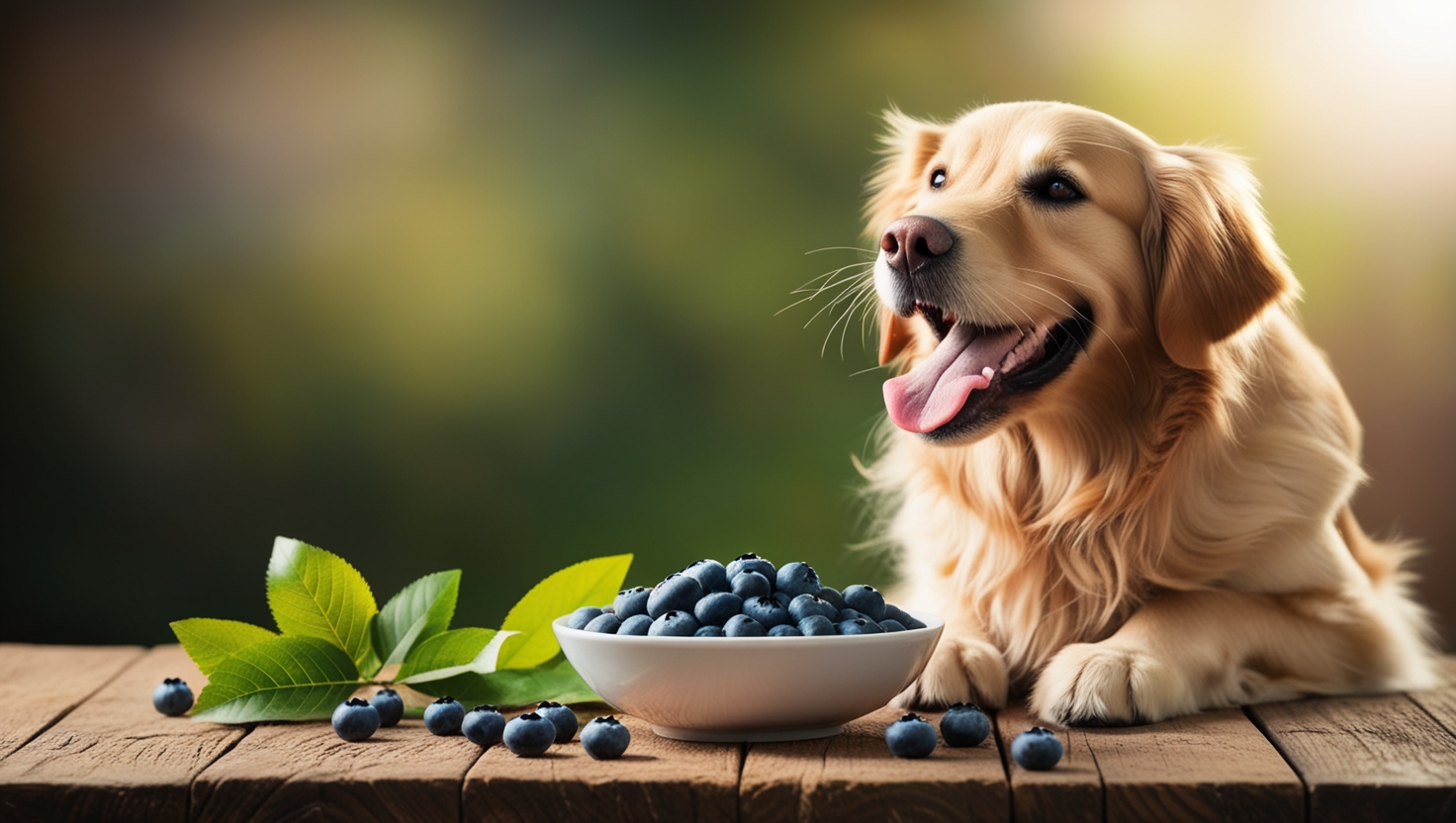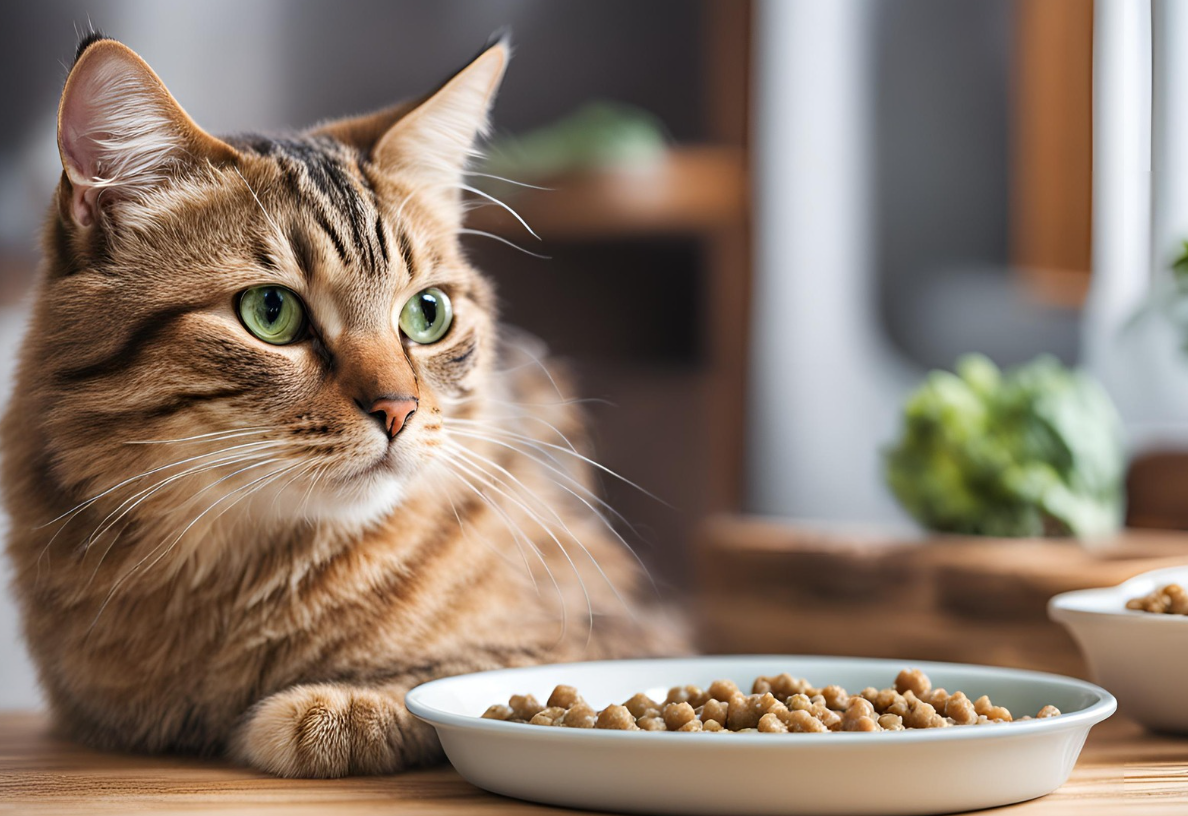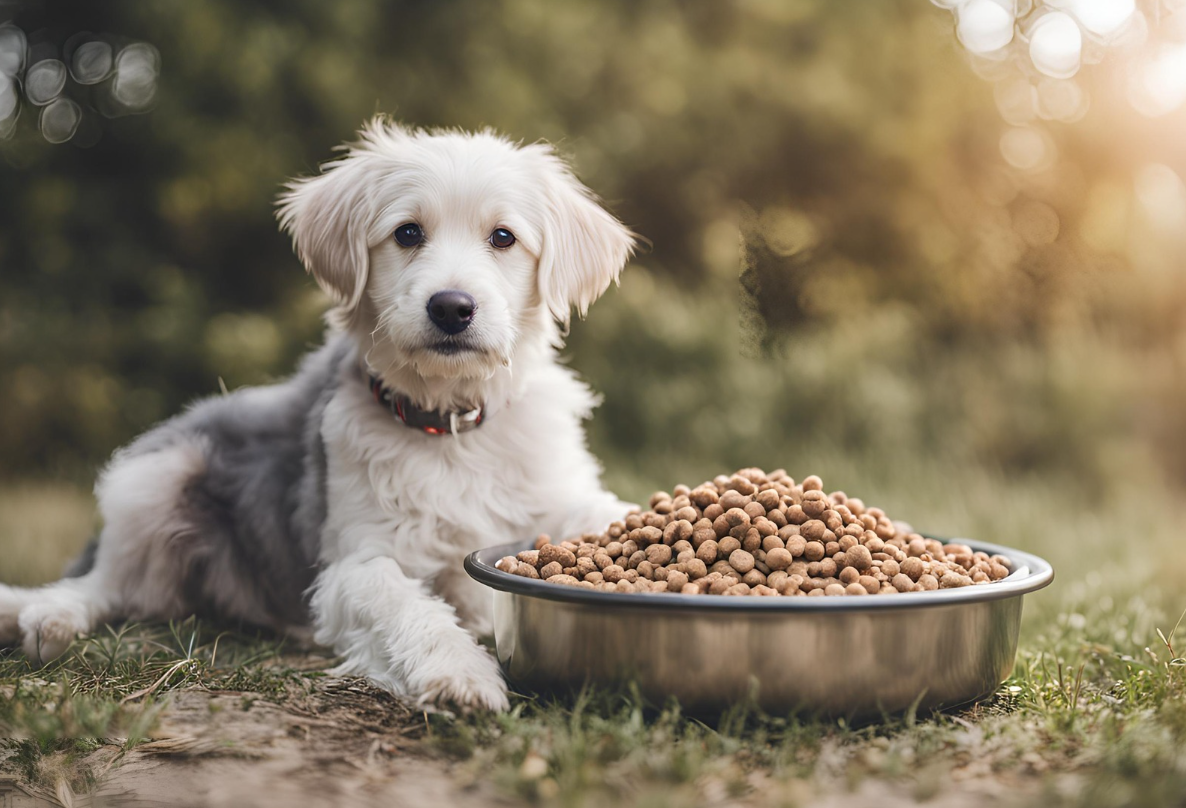 Blog
Blog
Feeding Your Dog Right: The Best Dog Foods of 2024
Is your furry friend getting the nutrition they deserve? 🐶 In the ever-evolving world of…
Discover a beautiful collection of heartfelt love messages, romantic quotes, and meaningful wishes to express your deepest emotions.
Browse our carefully curated categories to find exactly what you need to express your heart
 Blog
Blog
Is your furry friend getting the nutrition they deserve? 🐶 In the ever-evolving world of…
 Blog
Blog
As pet owners, I want to give you the best furry companions possible. Just like…
 Blog
Blog
Introduction So, you’re thinking about adopting a cat? That’s fantastic! Bringing a cat into your…
 Blog
Blog
Introduction Do you ever look at the back of your cat’s food bag and wonder…
 Blog
Blog
Choosing the right food for your dog is crucial for their health and well-being. With…
 Blog
Blog
“This post contains affiliate links, and I will be compensated if you make a purchase…
Inspiration"The best thing to hold onto in life is each other."
See what our community has to say about their experience with Loove Dove